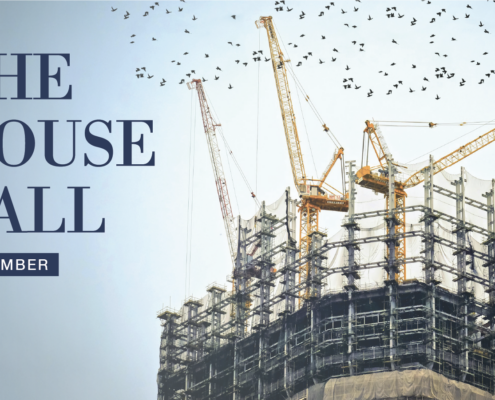California Tax Experiment: Policy Makers Receive Valuable Economics Lesson
/0 Comments/in COVID Economy, Economic Opportunity, Featured, Graduated Income Tax, Podcast Hubwonk /by Editorial StaffHost Joe Selvaggi talks with Stanford University Economics Professor Joshua Rauh about his research on the reaction of Californians to a tax increase, from his report, “The Behavioral Response to State Income Taxation of High Earners, Evidence from California.” Prof. Rauh shares how his research offers tax policy makers insight into the likely effects of similar increases in their own states, including here in Massachusetts.
Related: New Study Finds Tax Policy Drives Connecticut’s Ongoing Fiscal & Economic Crisis
Guest:
 Joshua Rauh, originally from Newton, MA., is a Professor of Finance at the Stanford Graduate School of Business, a Senior Fellow at the Hoover Institution, and a Research Associate at the National Bureau of Economic Research (NBER). Professor Rauh’s research on state and local pension systems in the United States has received national media coverage in outlets such as the Wall Street Journal, the New York Times, the Financial Times, and The Economist. He is an Associate Editor of the Journal of Finance and an editor of the Journal of Pension Economics and Finance and the Review of Corporate Finance Studies. He holds a BA degree in economics, magna cum laude with distinction, from Yale University and a PhD in economics from the Massachusetts Institute of Technology.
Joshua Rauh, originally from Newton, MA., is a Professor of Finance at the Stanford Graduate School of Business, a Senior Fellow at the Hoover Institution, and a Research Associate at the National Bureau of Economic Research (NBER). Professor Rauh’s research on state and local pension systems in the United States has received national media coverage in outlets such as the Wall Street Journal, the New York Times, the Financial Times, and The Economist. He is an Associate Editor of the Journal of Finance and an editor of the Journal of Pension Economics and Finance and the Review of Corporate Finance Studies. He holds a BA degree in economics, magna cum laude with distinction, from Yale University and a PhD in economics from the Massachusetts Institute of Technology.
Get new episodes of Hubwonk in your inbox!
Related Posts:

Pioneer Institute Study Finds Outdated U.S. Immigration System Delays Creation of 150,000 Businesses and 500,000 Jobs

The House Call – Cambridge Adopts a Zoning Ordinance Allowing 4 to 6-Story Residential Buildings Citywide

Study: Inclusionary Zoning Helps Some, but Can Jeopardize Broad-Based Affordability

Pioneer Institute Study Says MA Housing Permitting Process Needs Systemic Reform
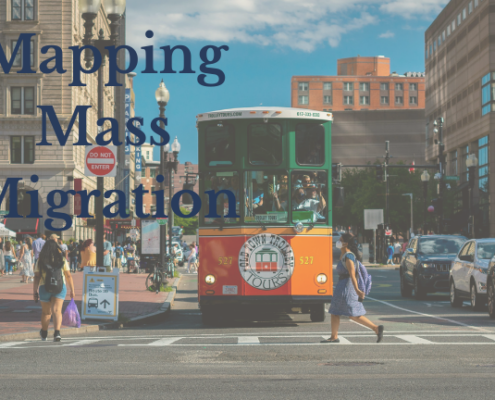
Mapping Mass Migration – New 2024 Census Estimates Show Surge in Population Growth, With Considerable Caveats

Study Finds Bump in State Population Due to Changes in Census Bureau Methodology

The House Call – Accessory Dwelling Units are Officially Legal Statewide in Massachusetts

Pioneer Institute Study Compares MA Workforce Development System to Those in Peer States

Mapping Mass Migration: New England State and County Population Change, 2020 to 2023
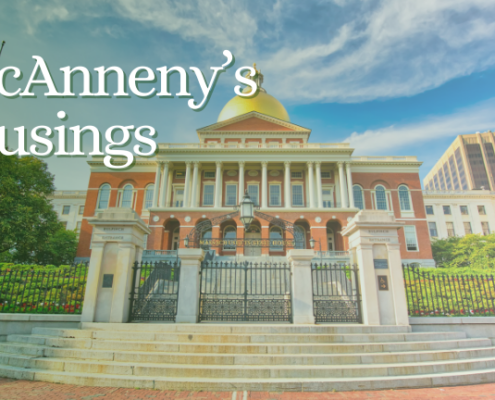
McAnneny’s January Musings – Legislative Transparency Takes Center Stage in the New Year

Video Statement of Frank J. Bailey (Ret. Honorable), President of Pioneer Public Interest Law Center
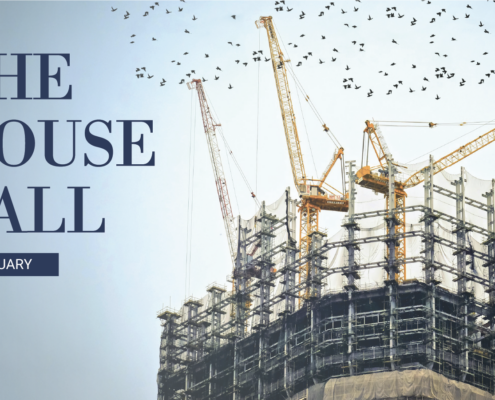
The House Call – January

Mapping Mass Migration – Remote Workers: The Most Mobile Residents

Statement on MBTA Communities Law Milton Ruling

Mapping Mass Migration: Massachusetts Remains a Top Destination for Immigrants

Mapping Mass Migration: New Census Data Shows Continued Out-Migration from Massachusetts to Competitor States
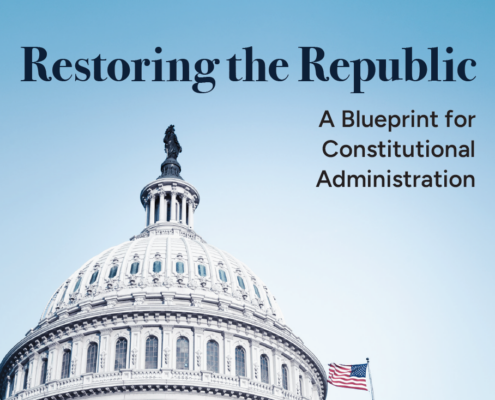
Pioneer Institute Offers Blueprint for Federal Administrative Reform
